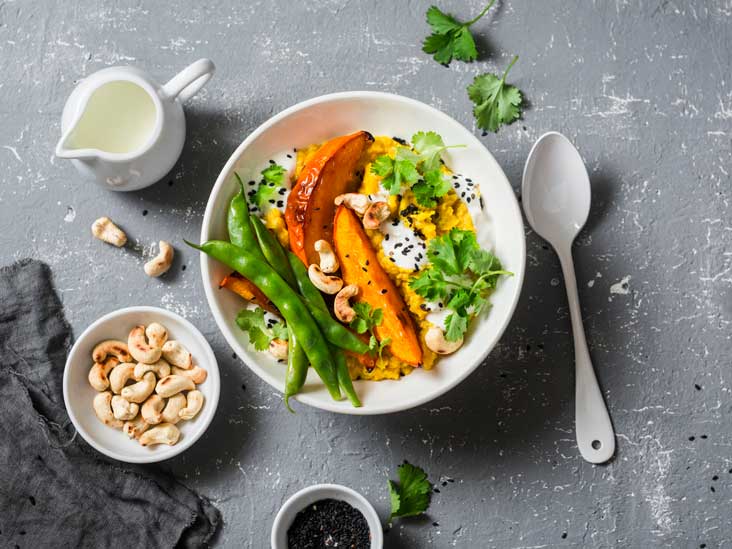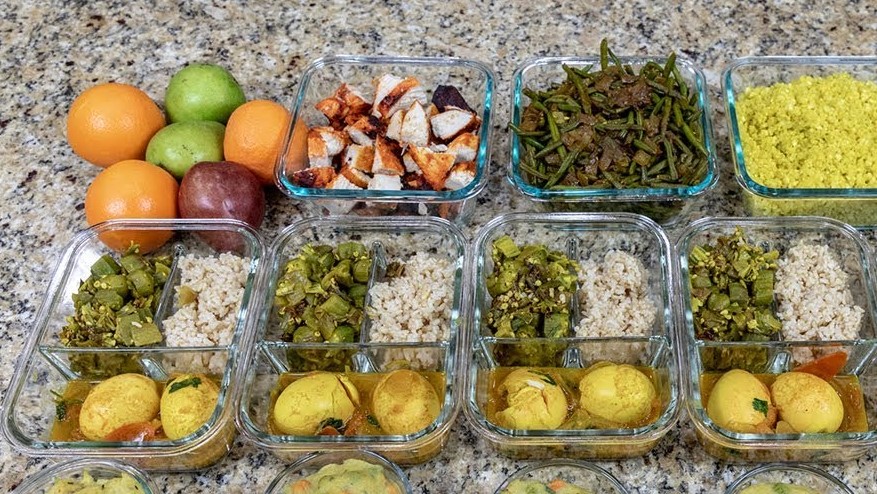DESIBUZZCanada
Events Listings
Dummy Post

International Day Of Yoga To Be Virtually Celebrated Saturday At 4pm

CANCELLED: Coronavirus Fears Kills Surrey’s Vaisakhi Day Parade

ADVERTISE WITH US: DESIBUZZCanada Is The Most Read South Asian Publication Online

SURREY LIBRARIES: Get Technology Help At Surrey Libraries

WALLY OPPAL: Surrey Police Transition Update On Feb. 26

GONE ARE THE DAYS - Feature Documentary Trailer

Technology Help At Surrey Libraries

Birding Walks

Plea Poetry/short Story : Youth Contest

International Folk Dancing Drop-in Sessions
How To Diet Like A Desi
- January 24, 2023

Food is a big part of Desi culture, so having to forgo or limit the meals that connect you to your roots doesn’t seem appealing. However, the community also faces significant health issues, some of which may be exacerbated by how we consume food. South Asians living in Canada have a high prevalence of cardiovascular disease and diabetes, and also show increased levels of cholesterol. These conditions may worsen without proper care and lead to other health complications.
Dieting is one way to mitigate these health impacts. It doesn’t have to be a challenging experience—you can still enjoy your favourite ethnic dishes without compromising your well-being. Here are some ways you can follow a sustainable diet as a Desi:
Tweak your recipes
Desi cultural food is incredibly rich in flavour and texture thanks to the variety of ingredients used in many dishes. However, some of these elements can be heavy on carbohydrates, oils, and fats. These things are necessary for a balanced diet, but too much consumption can impact your health. Instead of ditching these foods altogether, find ways to ensure you’re getting all the nutrients you need by adding some ingredients or adjusting the portions in your recipes.
To boost the nutritional value of your favourite dishes, you can cut back on oil and butter, air fry instead of deep fry, or add some veggies to carb-heavy dishes. Increasing your plant-based proteins like lentils and chickpeas is also an excellent way to make these foods healthier, which are thankfully abundant in South Asian kitchens.
Practise portion control
Rather than cutting off certain dishes from your diet, focusing on moderation and proper portion control is a better method. This would involve reducing your intake and having smaller meals or snacks throughout the day, which is much more sustainable than fad diets that are more restrictive and hardly work long-term. Personalised weight loss plans now focus less on restrictions and more on choosing to eat healthier foods than those with lower nutritional values.
Eating a proper amount of these nutritious foods without stuffing yourself full or undereating is suitable for pacing yourself and keeps you energised throughout the day. You don’t need to let go of butter chicken, Gulab Jamon, or pakoras; just be sure to keep your portions smaller. Try using smaller bowls or plates during meals, and have a quick and healthy snack every so often to keep you going. You can also indulge now and then, and our recipe for fudgy brownies can be just the treat you need!

Try alternative ingredients
South Asian food isn’t inherently unhealthy, but some ingredients can contribute to an imbalance in the diet. You can try swapping out some of these ingredients for healthier alternatives that won’t compromise flavour and will still help you improve your health.
Instead of flour, you can use whole wheat roti, which is rich in fibre and vitamins. You can also swap out butter for ghee, an alternative that is better for gut health. Try using low-fat yoghurts as a cream substitute, as it has a lot of calcium and protein. Another tip is to cook at home more often instead of going out to eat so you can control what ingredients you put in your food, increasing your intake of healthier dishes. It’s also a fun way to bond with family and friends.
Dieting as a Desi can still be enjoyable, and you can still eat what you love and connect to your culture through your food. For more on food and other news, check out DesiBuzz Canada for all things related to the Desi community.


















